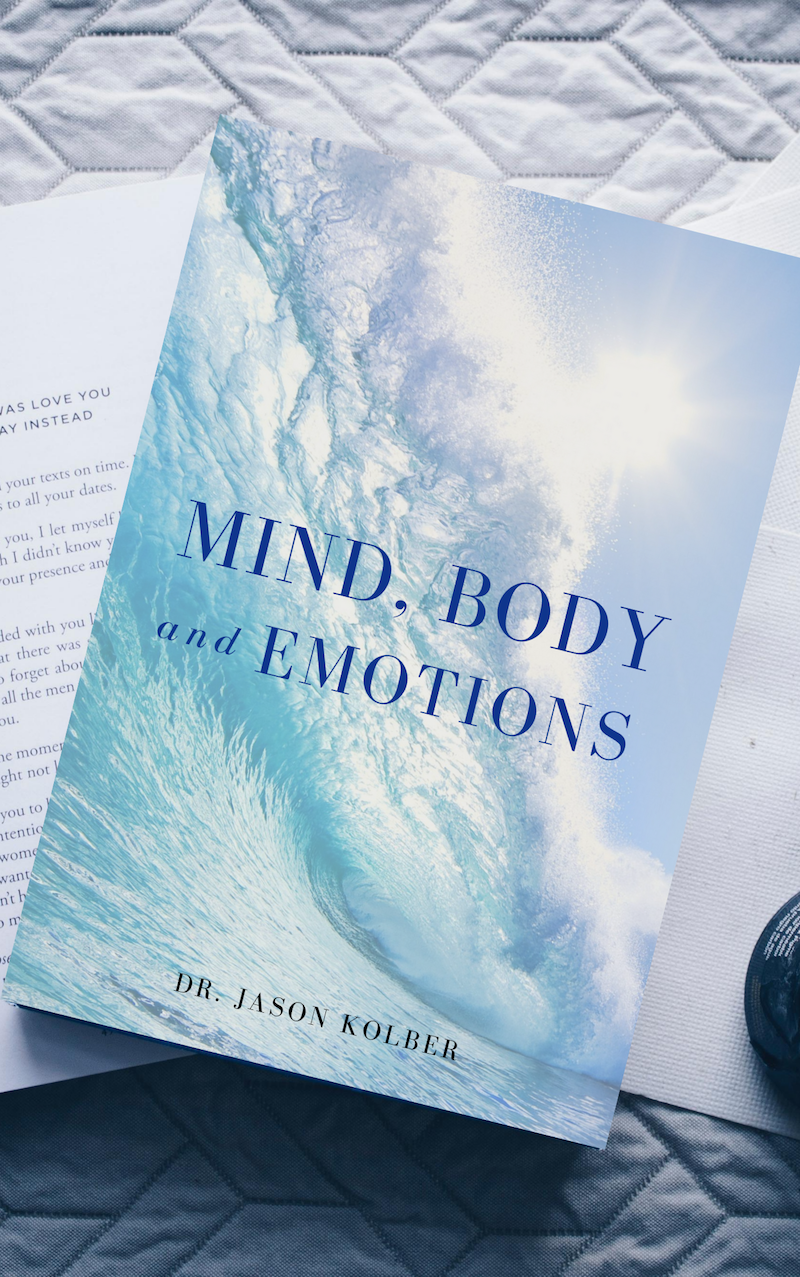Sleep is the foundation of a healthy lifestyle, and it plays a crucial role in maintaining high levels of energy and performance. Most adults need seven to eight hours of sleep each night to function at their best. Unfortunately, many people fail to get the rest they need, which can result in a range of negative health outcomes, including fatigue, mood swings, and decreased cognitive function.
How Does Sleep Help Improve Your Energy & Performance?
Sleep Helps Improve Cognitive Function: One of the most important reasons why getting enough sleep is crucial for improving energy and performance is because it helps improve cognitive function. When we sleep, our brains process and consolidate information, which helps improve our ability to learn, remember, and perform tasks.
Studies have shown that getting enough sleep can help improve a range of cognitive functions, including attention, concentration, problem-solving, and decision-making. In contrast, sleep deprivation has been shown to impair cognitive function and can lead to decreased productivity, poor performance, and increased risk of errors and accidents.
One study found that sleep-deprived individuals performed similarly to individuals who were legally intoxicated when performing tasks that required attention and concentration. This highlights the importance of getting enough sleep for maintaining optimal cognitive function and performance.
How Much Sleep Do You Need To Positively Impact Your Energy & Performance?
So, how much sleep do we actually need? The amount of sleep we need varies based on age, individual needs, and lifestyle factors. As a general rule, most adults need between 7-9 hours of sleep per night to function at their best. However, some people may need more or less sleep depending on their individual needs.
In addition to getting enough sleep, it's also important to maintain good sleep hygiene. This includes creating a sleep-conducive environment, such as keeping your bedroom cool and dark, avoiding screens before bedtime, and establishing a regular sleep schedule.
Sleep Strategies to Improve Your Energy and Performance
If you're struggling with getting enough sleep, there are several strategies you can try.
- First, try to establish a regular sleep schedule by going to bed and waking up at the same time each day. This can help regulate your body's internal clock and improve the quality of your sleep.
- You might also try incorporating relaxation techniques into your bedtime routine, such as deep breathing, meditation, or gentle stretching. These techniques can help calm your mind and body and prepare you for sleep.
If you're still struggling with getting enough sleep, it's important to speak with your healthcare provider. They can help identify any underlying issues that may be impacting your sleep and provide guidance on treatment options.
In summary, getting enough sleep is crucial for maintaining optimal cognitive function and performance. Aim for 7-9 hours of sleep per night, and maintain good sleep hygiene by creating a sleep-conducive environment and establishing a regular sleep schedule. By prioritizing sleep, you'll be better equipped to tackle whatever challenges come your way.
Learn 4 more methods you can implement into your life to help improve your performance and habits




